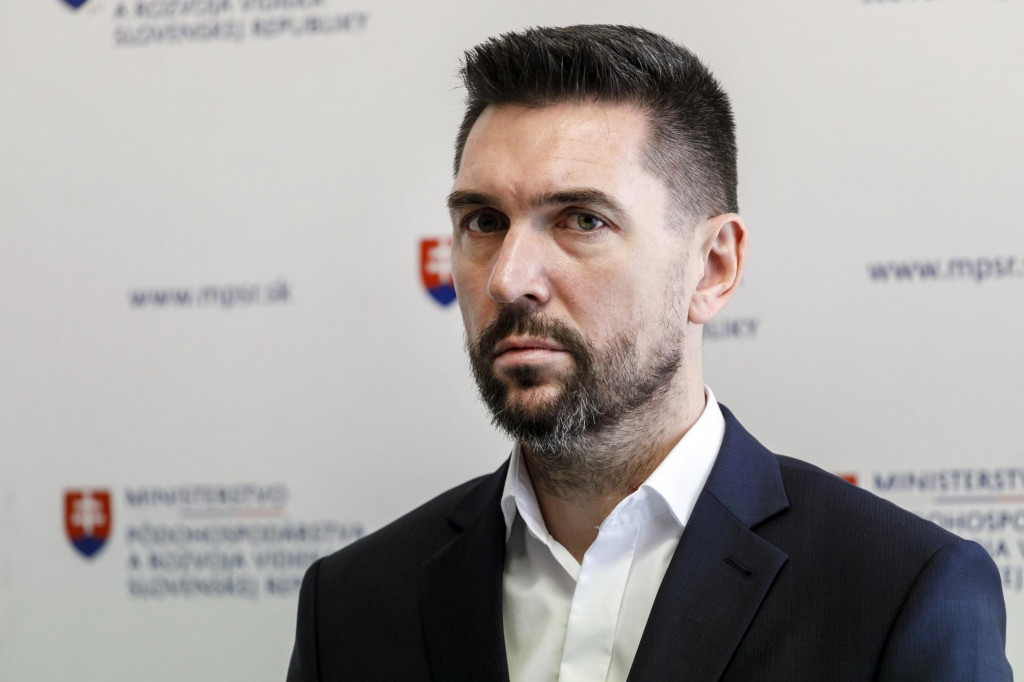
Bratislava – The European Commission’s (EC) proposals for the multiannual financial framework (MFF) for 2028 to 2034 threaten to dismantle agriculture in Slovakia. Richard Takáč, the Minister of Agriculture and Rural Development of the Slovak Republic, highlighted at a press conference on Friday that while the current programming period allocates 4.6 billion euros for the agricultural sector, the forthcoming period will see a reduction of nearly one billion euros, according to TASR.
“Unfortunately, based on the information we received on Thursday (September 18), it’s confirmed what we have been saying: this is extremely detrimental, not only for all of Europe but especially for Slovakia’s agricultural sector,” stated Richard Takáč.
The Agriculture Minister noted that the European Commission’s published proposal indicates Slovakia will receive almost one billion euros less in agricultural funding compared to the 2021 to 2027 programming period, which allocated 4.6 billion euros.
He cautioned that the EC had contemplated establishing a separate fund specifically for Slovakia, Poland, or Hungary—countries facing imports of agricultural goods from Ukraine.
“The EC is proposing a special fund, but only for countries bordering Russia and Belarus, such as Poland, Lithuania, Latvia, Estonia, and Finland. This is an incomprehensible decision to me,” he stressed.
He further emphasized that Slovakia, a member of the EU for over 20 years, has yet to reach the direct payment levels of older EU member states.
“We are currently at 82% compared to other EU nations, while some countries receive 130%, 140%, or even 200%. After more than two decades in the EU, Slovakia remains at the 82% level. The European Commission previously stated this disparity would be considered in the funding allocated to individual countries for external convergence in the new programming period,” added Takáč. (September 19)
“The European Commission’s proposal indicates that Slovakia will receive almost one billion euros less in agricultural funding during the next redistribution period compared to the 2021 to 2027 programming period.” Richard Takáč













Leave a Reply